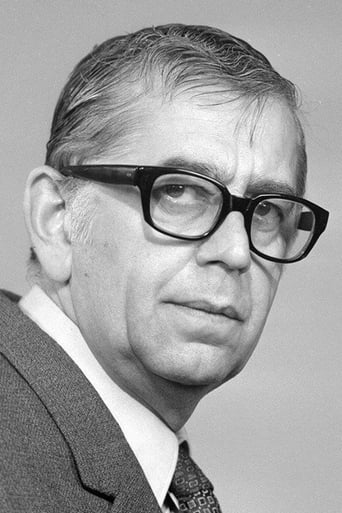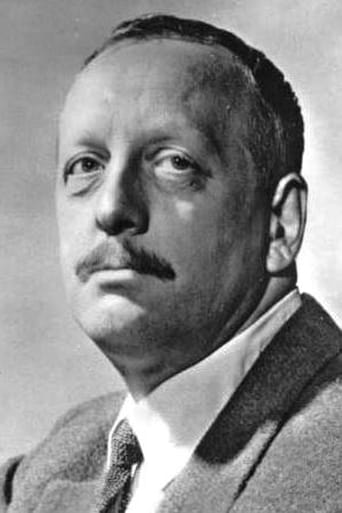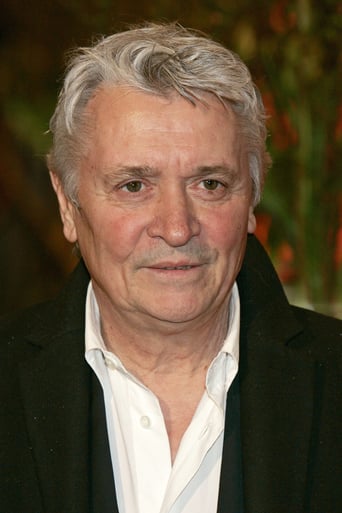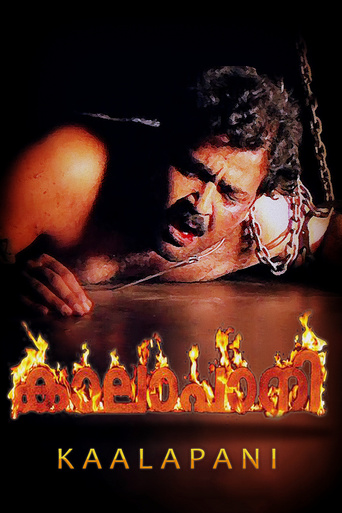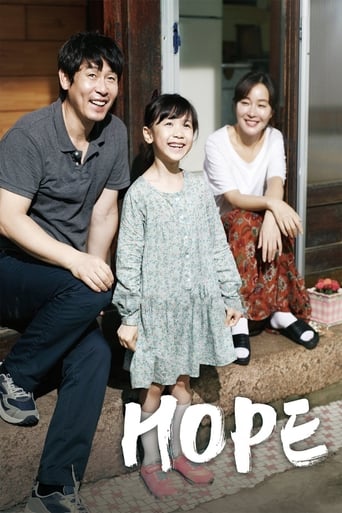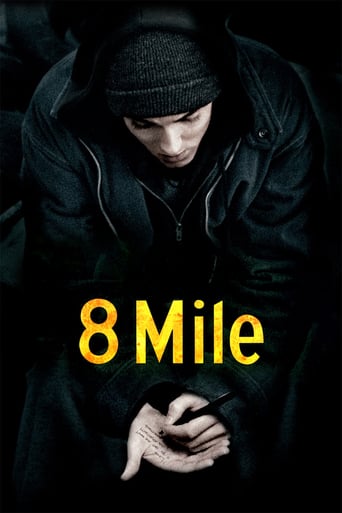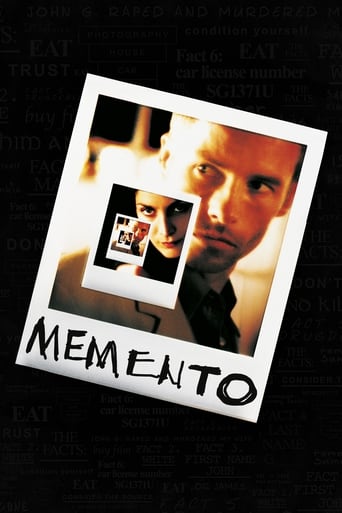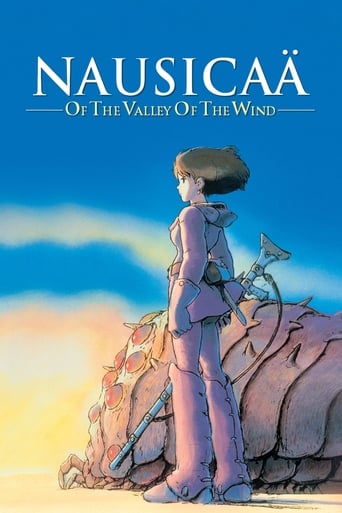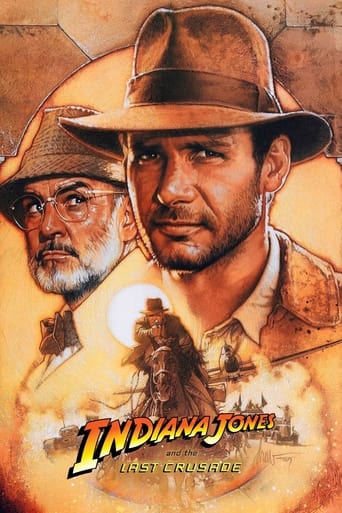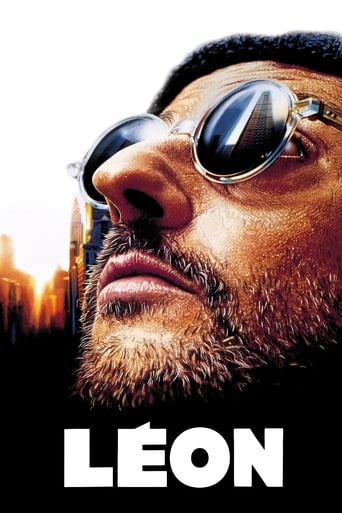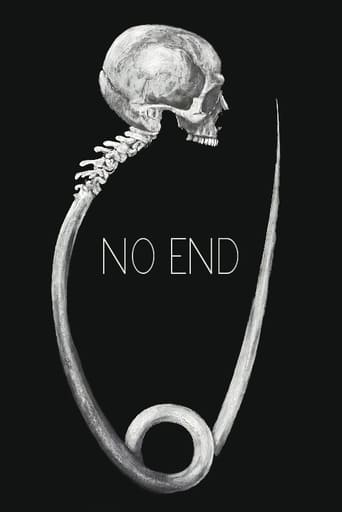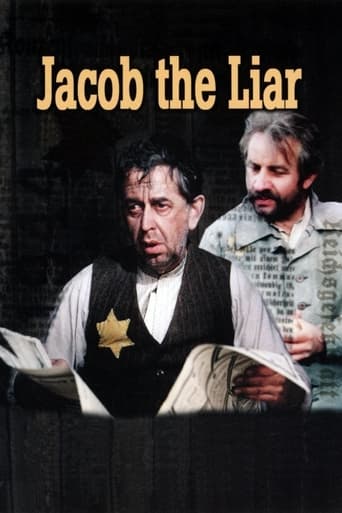
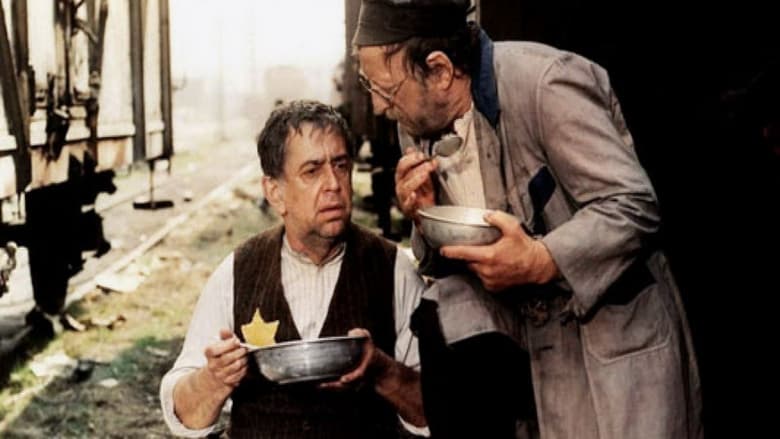
Jacob the Liar (1975)
A Jewish ghetto in the east of Europe, 1944. By coincidence, Jakob Heym eavesdrops on a German radio broadcast announcing the Soviet Army is making slow by steady progress towards central Europe. In order to keep his companion in misfortune, Mischa, from risking his life for a few potatoes, he tells him what he heard and announces that he is in possession of a radio - in the ghetto a crime punishable by death. It doesn't take long for word of Jakob's secret to spread - suddenly, there is new hope and something to live for - and so Jakob finds himself in the uncomforting position of having to come up with more and more stories.
Watch Trailer
Cast


Similar titles
Reviews
The movie starts with a violin and scenes of the Jewish ghetto. Jakob is one of many Jews in a German-controlled, Polish ghetto. While walking home one night he is sent by a guard to headquarters. There he hears a brief broadcast that Russian troops are doing well against the Germans. The next day, in a desperate attempt to save his friend from committing a rash act and stealing potatoes, he tells him of the Russian advance. He twists the story and it soon is believed that he possess a radio. In order to protect his exaggeration, he continues to tell more and more lies by pretending he hears them on the radio. His lies have a huge impact on camp, but he eventually needs to tell the truth to his friend Kowalski, who kills himself out of despair for living another day in the ghetto. The Jakob's lie remains largely undiscovered, his street is eventually deported to their presumed death.At the beginning of watching the movie I was quite sick of seeing another German movie about WW2. However this movie was amazing. I like how it toys with the perception of truth. Plenty of truths are told that are harmful, and lies are told that are good. Furthermore, truth is merely the acceptance of truth and is useful in so far as it accomplishes an act. Though Jakob may never had possessed a radio, his initial statements were disbelieved. The same way a cloud is out of water, though it is really out of tiny drops of frozen water. Though the obvious interpretation is that life in the ghetto was terrible, and that Jakob's lives were pure hearted, it's also a statement on underlying scientific notions that we cannot legitimately achieve through personal work what we can do together. That notion is very clear for an East German movie. I enjoyed the way the film cut to flashbacks to explain who characters were. It's a short, concise and brilliant method of exposition. The relationships were very well-developed. Rosa and Mischa's courtship was handled well. Although it's obviously sincere, no reasonable parent would approve of such a love in the ghetto. Though abuses are shown, such as when Herschel Schtamm is killed after investigating a boxcar. Much of the movie focuses on the psychological damage forced by isolation, poverty, and a general racism. The movie knows that abuses are known, it's the stories of relationships that aren't as things like letters and radio were banned. For example, Uncle Jakob's care for his niece, and the niece herself, show a compassion. The explanation of his lamp helps to put emphasis on the love of families that was destroyed, frankly by any organized government and especially that of the 3rd Reich.
As you can see in, the film, different kinds of aesthetics were used to create this kind of environment that the director wants us to experience. By using close-up shots, we could see and feel the character's feelings and emotions first hand, as if we are right in front of them, every detail of it, and we can really relate to that kind of scene, and that makes the film more personal and up-close to the viewers. Another thing is the claustrophobic environment which depicts the kind of life in the polish ghetto and makes us feel and experience that we are also in that environment. Another interesting shots in these film is the long shot used in the somewhat castle like structure and the clouds in the end part. You could not usually see that in a Frank Beyer film specially that most of his films shows close-up and mid-ranged shots. Another intriguing fact here, that's the first ever German Film that I had watched in colored and so does Frank Beyer's first time to use modern technology to enhance his film. The blending of colors as I may say is good and it really enhances the scenes and the character's emotion. You could see that much livelier and lighter colors appears when Jacob and his niece were in a dream sequence, so does when people gets hope from the news Jacob brings, their faces light-up and so does the surrounding. When it come to the storyline and background of the film, you could easily see that the film really focuses on people's reactions, emotions and their life as a whole in the ghetto rather than really opposing and getting into the antifascist theme that Beyer usually does in his films. Natzis here portrays a different side of the story as they are somewhat humanized or rather has shown the soft side of the Natzis as rationale beings and considerable ones if I may add. I have also seen the remake of this film, the one starred by Robin Williams. I really never thought that this film is much better than the remake. Nothing beats the original.To sum it all up, I think it's really one of the best movies Frank Beyer has ever done.
Exemplary Situations of life in a Jewish Ghetto, during the reign of Hitler's forces were very much present in "Jakob der Lügner". One such occurrence of how the Jews tried to deal with their new realities involved the substitution of thoughts about reality and the invading/controlling Nazi War machine in many of their lives, for other exciting and positive experiences, of which they tried to focus. Jakob tries to focus on such an experience, which occurred in his past, before he was forced to move to the Ghetto. He thinks of his former wife, and the happy times they spent together. Through his invention of the "radio broadcasts", he helps others living in the Ghetto to think of a reality, on which they can believe, due to its similarity with their wishes for their futures and even for their reality under Nazi control to be different than it was in reality.
I think this film was very well done. I was drawn into the plot and characters very quickly. I would reccommend this film to anyone who would enjoy a new outlook on life. I know that is one of the things I got from watching this movie. Jakob was a very charismatic person and I could not wait to find out what would happen to him and his comrades. Though this movie was not very fast paced, there was enough going on that kept me interested during the entire movie.


